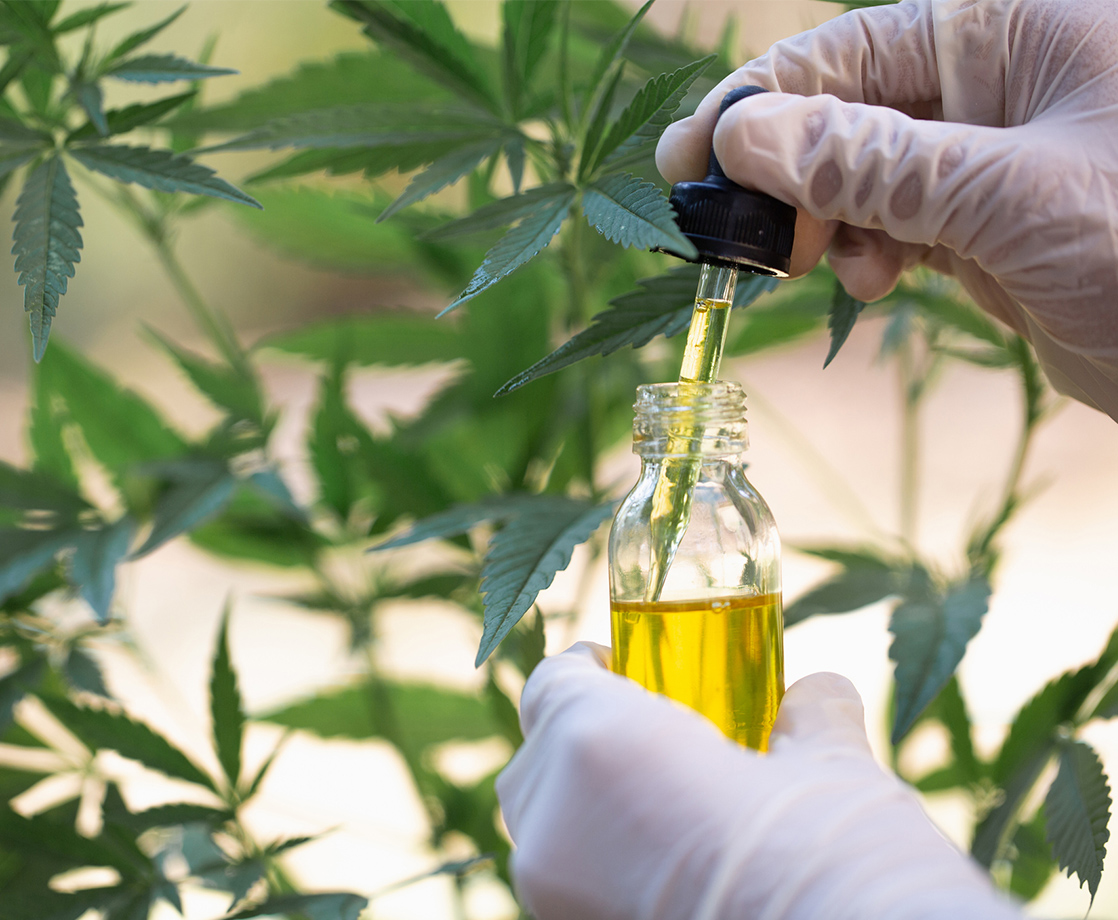Image via
The people of Austin, Texas just voted to approve a ballot measure to decriminalize cannabis possession and ban no-knock warrants.
The new city ordinance, which was placed on the ballot by activist group Ground Game Texas late last year, removes all criminal misdemeanor penalties for minor cannabis possession. Now that the new law is in effect, local cops are barred from arresting or issuing citations to anyone caught with weed, pot residue, or paraphernalia.
Anyone who is caught with weed while committing a violent felony or being involved in a high-priority “felony level narcotics case” can still be arrested and charged with cannabis possession, though. And police are also still allowed to seize any weed that they find, as long as they file a detailed report.
The new law also bans “no knock” warrants, a controversial tactic allowing cops to freely bust into people’s homes without first announcing their presence. This provision was added in response to the senseless murders of Breonna Taylor and other innocent civilians who have been killed or injured during failed no-knock raids.
This is actually the second time that Austin has voted to decriminalize weed. In 2020, voters approved a measure that blocked police from using city funding to conduct lab tests to differentiate legal hemp from illegal marijuana. Since Texas legalized hemp in 2019, courts have had to throw out hundreds of minor cannabis possession cases because cops were unable to conclusively prove that the offender was busted with weed and not hemp.
But immediately after the ordinance passed, Austin police announced that they intended to keep arresting people for weed anyway. Clearly, a more comprehensive decriminalization measure was necessary, and Ground Game Texas stepped in to create it. The group was unable to meet the ballot deadline last year but did collect enough signatures to get it on this year’s ballot. And when the measure came up for a vote this past weekend, it was approved by a solid 85 percent of city voters.
Ground Game Texas has also collected enough signatures to place a decriminalization measure on the ballot in Denton and previously launched similar campaigns in Killeen, Harker Heights, and San Marcos. Unfortunately, Texas does not allow state laws to be changed by ballot initiatives, so voters have no power to directly legalize weed on a state level. This authority solely rests with the state legislature, which has so far been extremely resistant to cannabis reform.
Governor Greg Abbott (R) did recently offer one modest glimmer of hope, though. In a recent interview, Abbott said that “one thing that that I believe in—and I believe the state legislature believes in—and that is prison and jail is a place for dangerous criminals who may harm others, and small possession of marijuana is not the type of violation that we want to stockpile jails with,” Marijuana Moment reports. Even though the governor remains opposed to full legalization, his new comment suggests that the Lone Star State may at least be willing to decriminalize weed.











